Research Overview
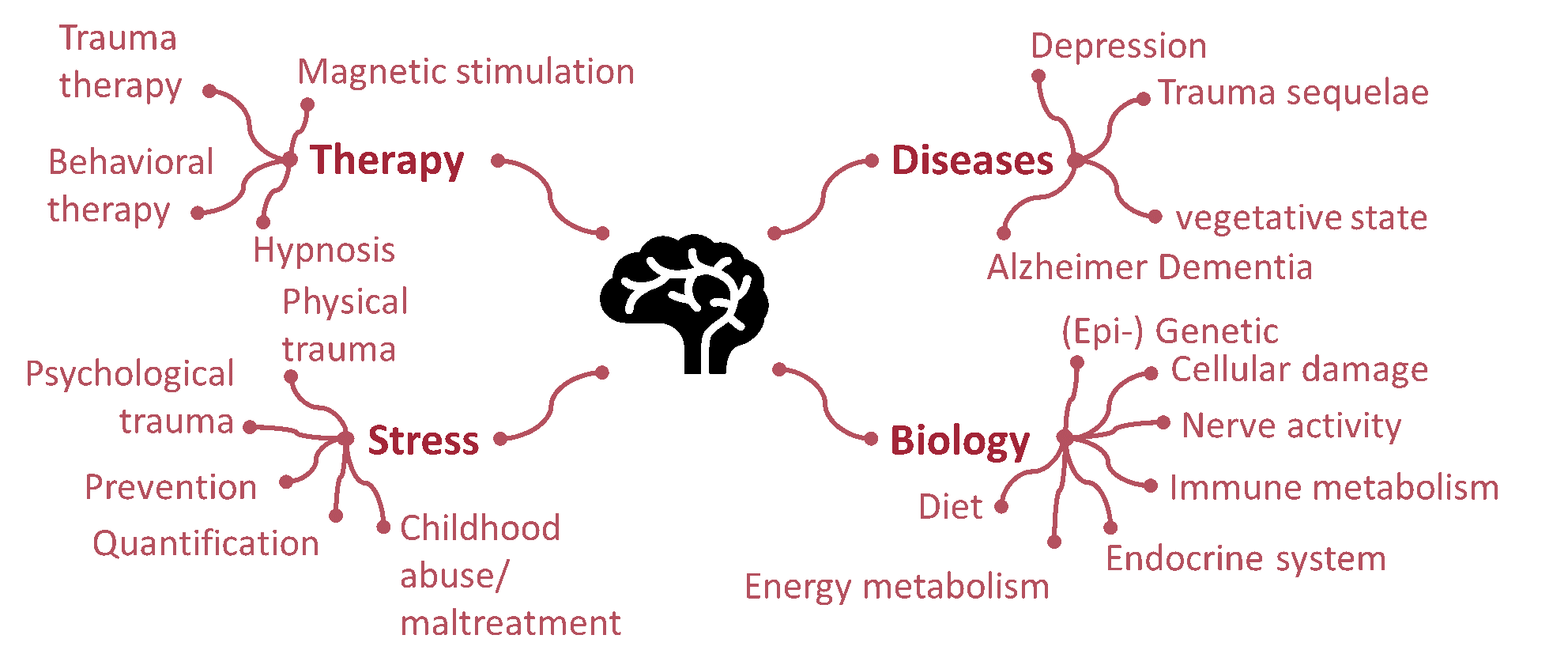
Research focuses on mental disorders, their etiology, biological pathophysiology, and therapy. The research group focuses on the biomolecular consequences of chronic and traumatic stress and their impact on mental and physical health, including their role in the etiology of stress and trauma sequelae and age-associated physical diseases. We believe that (further) development of therapies is possible through a better holistic understanding of the biological connections between the cause of disease and its expression. We see a key to better understanding the etiology of mental and comorbid physical illness in a better understanding of the interaction between the immune system and metabolism (immune metabolism), mitochondrial function and health, and orthomolecular factors.
Molecular Psychotraumatology
The research group investigates the development of stress-associated diseases, e.g. depression and post-traumatic stress disorder (PTSD). We investigate processes such as changes in the immune system, the endocrine system, molecular metabolic processes in the cell and changes in energy metabolism (e.g. mitochondrial bioenergetics) as a result of stress and trauma. In addition, we are investigating whether these changes can be reversed by psychotherapies. A major focus of our research here is cell-damaging processes such as oxidative stress and the associated acceleration of biological aging caused by (traumatic) stress, as well as their reversibility. Damage accumulates in cells due to chronic stress exposure. To compensate for this damage and to maintain cellular function, metabolic processes in the cell adapt. However, when the capacity of adaptation is reached, the optimal function of the cell can no longer be maintained. This favours the development of various diseases. We are therefore interested in studying the diseases from different angles to understand the etiology (e.g. environmental influences, genetics,...) and especially the resulting mechanisms of mental diseases.
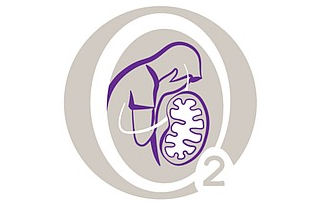
Depression is accompanied by a variety of changes in different biological systems throughout the body. Reduced energy production, activation of the immune system, and altered oxygen supply to the cells, among other things, point to the involvement of mitochondria in the course of the disease. In order to identify biological changes as the cause of depression and to understand their significance for the treatability with cognitive behavioral therapy (CBT) of depression, we are currently conducting the study "MitO2Health".
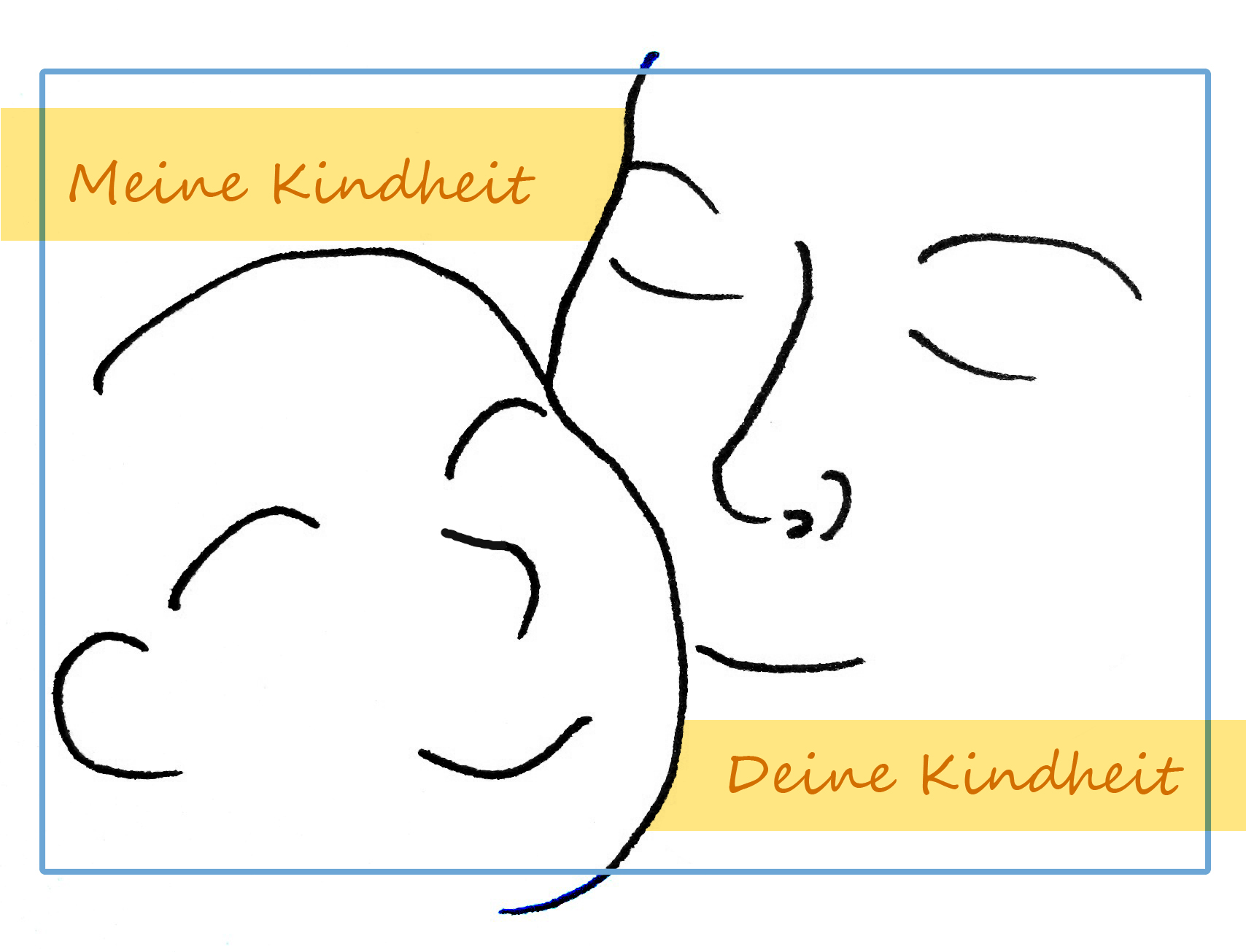
Another important research area of the work group is the question of risk and resilience factors in the transgenerational transmission of abuse and maltreatment in childhood. Here, we conducted the collaborative research project "My Childhood - Your Childhood" funded by the German Federal Ministry of Education and Research (BMBF).
For further information please click here.

The selection of the right therapy is of crucial importance for the treatment of traumatized individuals. To this end, the "ENHANCE" study will compare two therapies, trauma-focused cognitive behavioral therapy (CT) and trauma-focused psychodynamic therapy (TPT), using subjects with PTSD. In addition, research is being conducted to determine whether the positive psychological effects of therapy also reverse the biological changes induced in PTSD.
For more information, click here.
Promotion of holistic health after chronic stress and trauma
The selection of the right therapy is of crucial importance for the treatment of traumatized individuals. To this end, the "ENHANCE" study will compare two therapies, trauma-focused cognitive behavioral therapy (CT) and trauma-focused psychodynamic therapy (TPT), using subjects with PTSD. In addition, research is being conducted to determine whether the positive psychological effects of therapy also reverse the biological changes induced in PTSD.
For more information, click here.
In survivors of the civil war in Uganda, we therefore systematically investigated psychological, social, and (epi-)genetic factors influencing the development and treatment outcome of PTSD. Nonetheless, we explored biological correlates of the treatment of traumatic disorders with Narrative Exposure Therapy (NET).
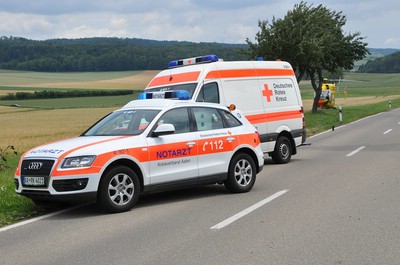
For the long-term health promotion of employees in trauma-exposed professions (such as firefighters, military, police and rescue services), we research psychological and biological risk and resilience factors to chronic stress and trauma and develop application-oriented measures, e.g. in cooperation with rescue services.
Further information can be found here.

Chronic stress leads to multiple changes in our bodies. This can result in deterioration of mental health and chronic inflammation. The aim of the "HypnoTreat" study is therefore to explore methods to counteract these negative changes. Hypnosis will be used to reduce chronic stress and the resulting inflammatory processes. Furthermore, we investigate effects on parameters of the blood count and mitochondrial bioenergetics in peripheral mononuclear cells (PBMC).
Further information can be found here.
Lifestyle and neurocognitive health
The working group investigates the relationships between lifestyle factors such as cognitive, physical, and relaxation activities, as well as stressors, and neurocognitive health using neuropsychological assessments, magnetic resonance imaging, electroencephalogram, and blood analyses. The study of the biological mechanisms of neurocognitive disorders, such as mild cognitive impairment or Alzheimer's dementia, contributes to the development of improved early diagnosis of the disorders, as well as to a better understanding of the influence of an active and healthy lifestyle for healthy brain development and maintenance even in old age. For more information, click here.
For further information please click here.
Impaired consciousness after physical trauma
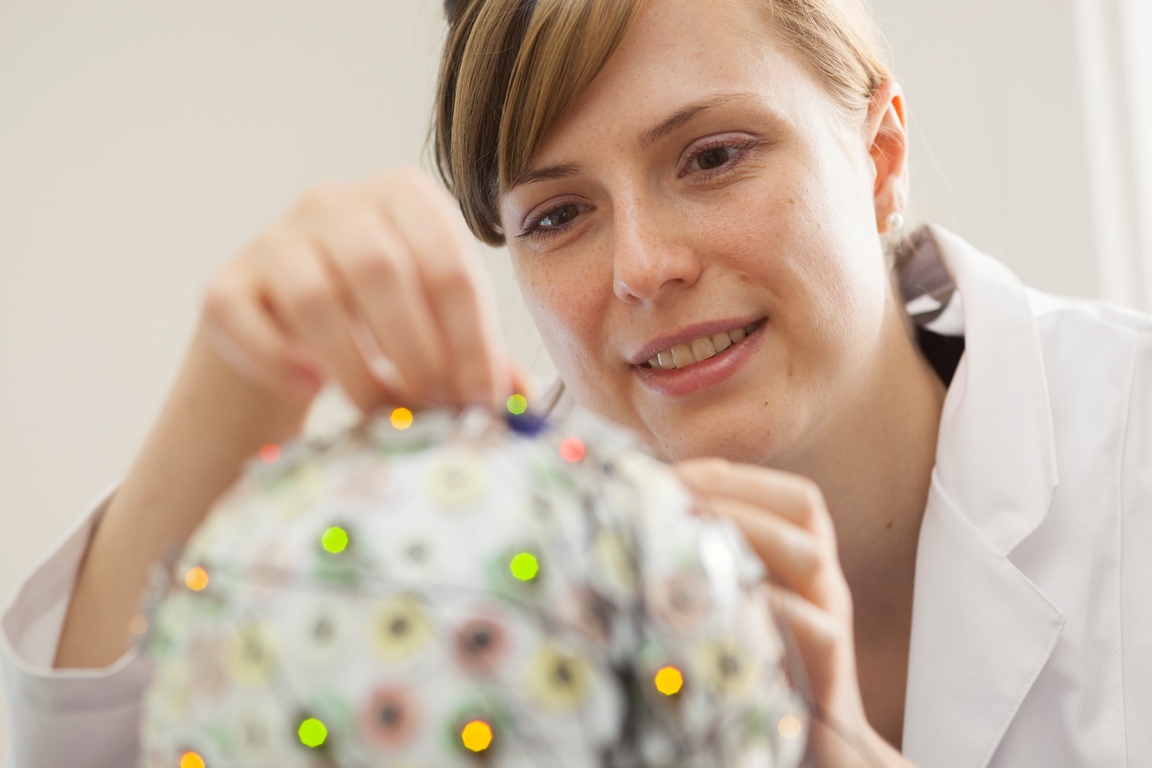
Severe disorders of consciousness can occur after a fall on the head or a prolonged lack of oxygen to the brain. Unresponsive wakefulness refers to a state in which patients have their eyes open but are unable to make any discernible response when prompted. Being able to correctly assess a patient's state of consciousness is a significant challenge in clinical diagnostics. The aim of our research is to use imaging methods such as EEG or non-invasive stimulation (transcranial magnetic stimulation; TMS) to detect traces of consciousness in patients who, according to clinical assessments, show only unresponsive wakefulness, thus reducing the risk of misdiagnosis in the medium term. Repetitive TMS (rTMS) is also used to stimulate consciousness networks in the diseased brain to the point that they record more activity again, thus making consciousness clinically visible.
Multimodal diagnostics are appropriate not only in cases of severe disorders of consciousness, but also in the aftermath of a stroke. Electroencephalography (EEG), neurophysiology or even neuroinflammation offer much potential for predicting the recovery of hemiplegia of the arms. The study is currently in the evaluation phase. News will be available on the website soon.
For further information please click here.
https://www.therapiezentrum-burgau.de/unsere-fachbereiche-disziplinen/forschung-im-tzb/
